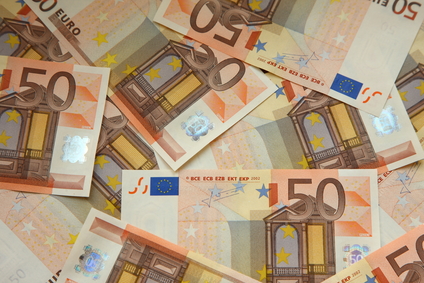200 questioned in Dutch-led crackdown on ‘money mules’

In the first European police operation of its kind, almost 200 people have been interviewed and 81 arrested for acting as suspected ‘money mules’, Dutch police said on Tuesday.
A crackdown led by the Dutch force questioned people in Belgium, Denmark, Greece, the UK, Romania, Spain, Portugal and the Netherlands, where 50 people were reportedly involved.
The Dutch police said so-called ‘money mules’ are recruited by criminal organisations to receive or transfer illegally-obtained funds to different countries and bank accounts, including proceeds from phishing. An operation from 22 to 26 February targeted people believed to be holding at least €7.5m in their bank accounts, €800,000 of this in the Netherlands.
Online job adverts
‘The “jobs” are often published in the form of a regular job through online posts and social media,’ police said in a news release. ‘Money mules not only play a role in money laundering, but also contribute to other crimes where the stolen money could be used to finance organised crime, such as drug and human trafficking.’
The police Electronic Crimes Task Force operation also involved Europol and Eurojust. According to Europol, nearly 700 money mules were identified across Europe, 198 people were interviewed, and 900 victims of crime were identified – 90% of these, victims of cybercrime.
It added that countries are raising awareness about consequences for mules, such as losing personal information to criminals, impacts on credit scores and becoming financially accountable for crimes committed.
Rob Wainwright, director of Europol, said: ‘These individuals recruited as money mules are duped by criminals to launder funds with the promise of easy money. Uncovering the depth of these schemes and informing the public about how these criminals operate are also our responsibility to prevent the criminals from taking advantage of unsuspecting people.’
Thank you for donating to DutchNews.nl.
We could not provide the Dutch News service, and keep it free of charge, without the generous support of our readers. Your donations allow us to report on issues you tell us matter, and provide you with a summary of the most important Dutch news each day.
Make a donation